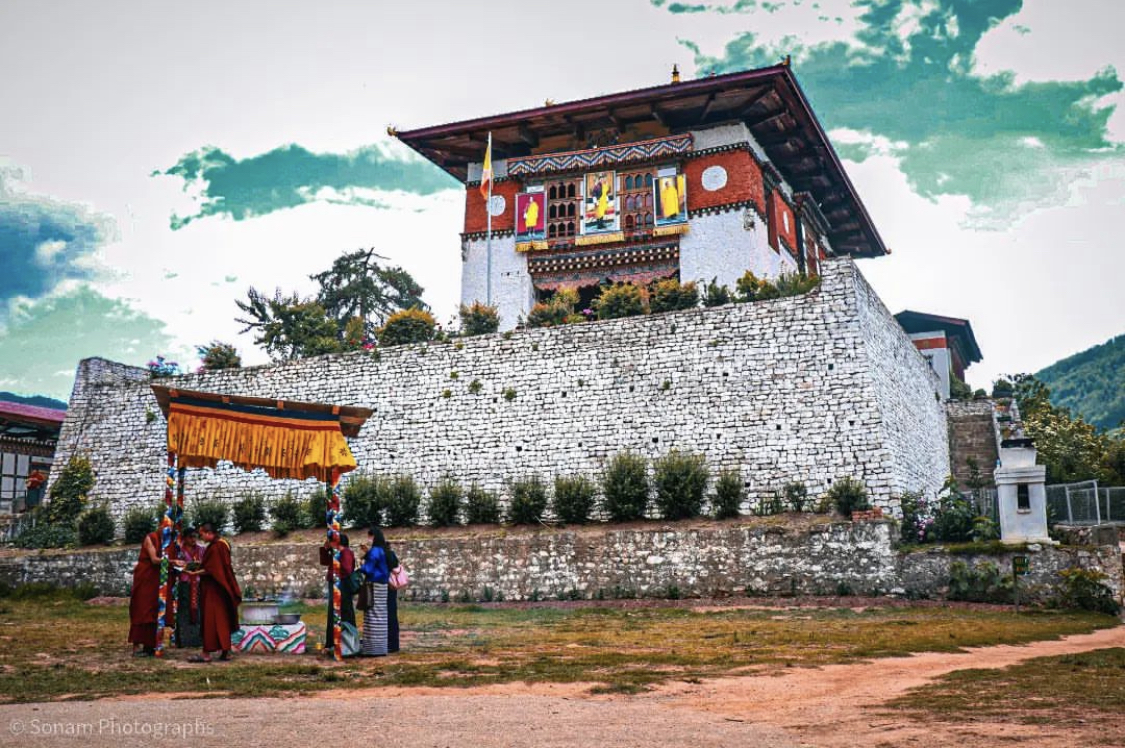Things to know before visiting Bhutan
Before visiting Bhutan, there are several important things that visitors should be aware of to ensure a smooth and enjoyable trip:
1. Visa Requirements
All foreign visitors (except Indian, Bangladeshi, and Maldivian nationals) need a visa to enter Bhutan. Visas must be arranged through a licensed Bhutanese tour operator or their international partners.
2. Daily Tariff
Bhutan has a mandatory daily tariff for tourists, which includes accommodation, meals, a licensed guide, and transportation. The fee varies depending on the season and group size, with higher rates during peak tourist seasons (March-May and September-November).
3. Tour Packages
Independent travel is not allowed. Visitors can either arrange visa & logistics on their own or can book a tour package through a licensed tour operator. The package typically includes sightseeing, accommodation, and transportation.
4. Sustainable Development Fee (SDF)
As part of the daily tariff, visitors pay an SDF, which goes towards the country's sustainable development efforts. For all nationals except India, the daily SDF is USD 100 per person & INR 1200 per person for guests from India.
5. Best Time to Visit
The best times to visit Bhutan are during spring (March-May) and autumn (September-November) when the weather is pleasant, and many festivals take place.
6. Currency
The local currency is the Bhutanese Ngultrum (BTN), which is pegged to the Indian Rupee (INR). Indian Rupees are widely accepted, but higher denomination notes (2000 INR) is not be accepted in all places.
7. Dress Code
When visiting religious sites and dzongs (fortresses), visitors should dress modestly. Long sleeves, long pants, and skirts are recommended. Removing shoes before entering temples is also customary.
8. Health and Safety
Bhutan is generally a safe country for travelers. However, it’s advisable to have travel insurance that covers medical expenses and evacuation. Basic medical facilities are available, but for serious conditions, evacuation to a neighboring country may be necessary.
9. Altitude Considerations
Some parts of Bhutan, especially in the mountainous regions, are at high altitudes. Visitors should be aware of altitude sickness and take necessary precautions, such as acclimatizing gradually and staying hydrated.
10. Connectivity
Internet and mobile connectivity are available in most urban areas, but can be limited in remote regions.
11. Cultural Etiquette
Bhutanese culture is deeply rooted in Buddhism. Visitors should show respect for local customs and traditions. It's important to avoid touching religious artifacts, and always ask for permission before taking photos of people, especially monks and inside temples.
12. Environmental Conservation
Bhutan places a high priority on environmental conservation. Visitors are expected to respect nature, avoid littering, and adhere to guidelines that protect the country’s pristine landscapes and biodiversity.
13. Electrical Outlets
Bhutan uses 230V, 50Hz electricity with types C, D, and G plug sockets. Visitors should bring appropriate adapters for their devices.
Any further inquires, get in touch with CUDIS vacations. We shall assist in making your travel plan smoother.






